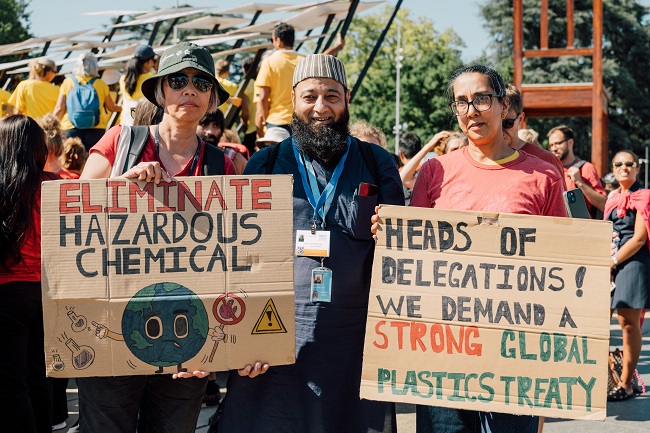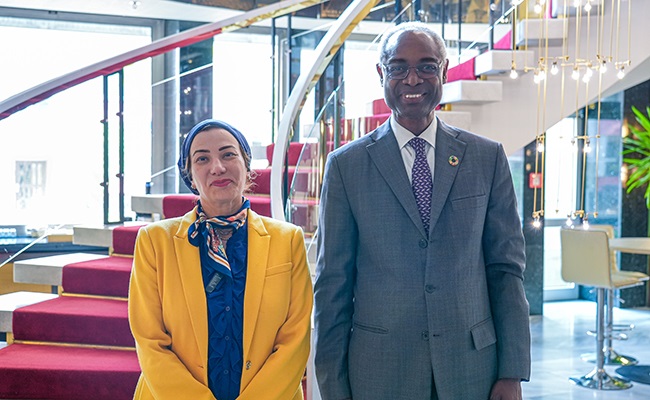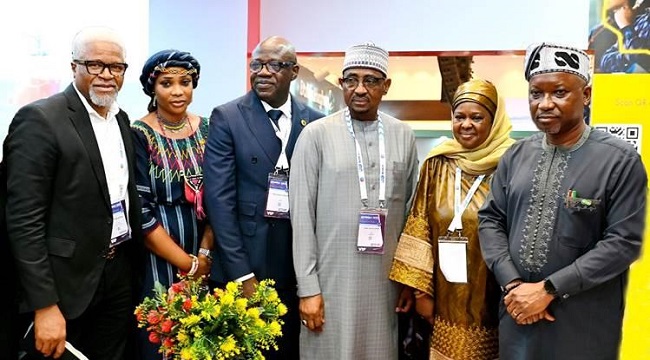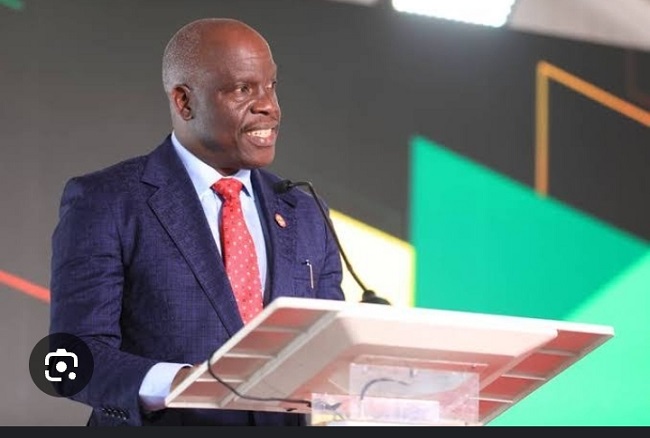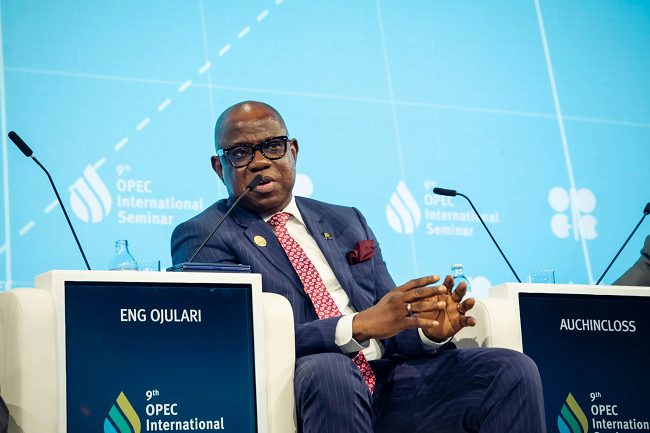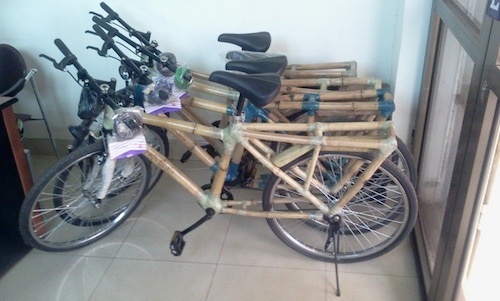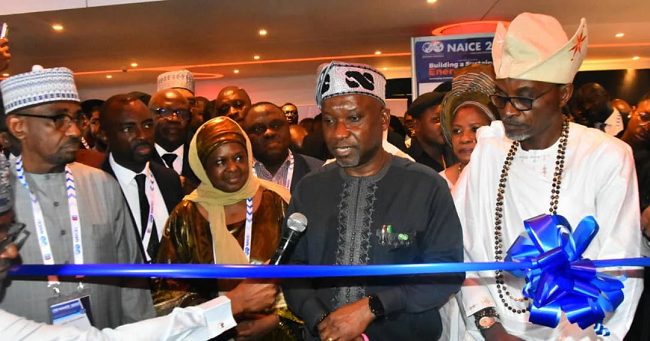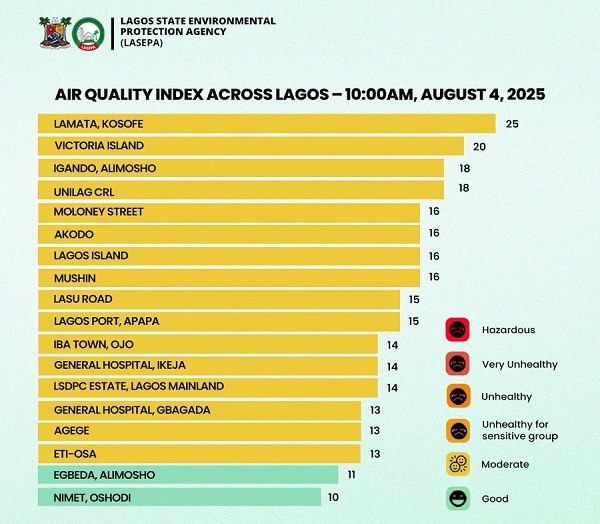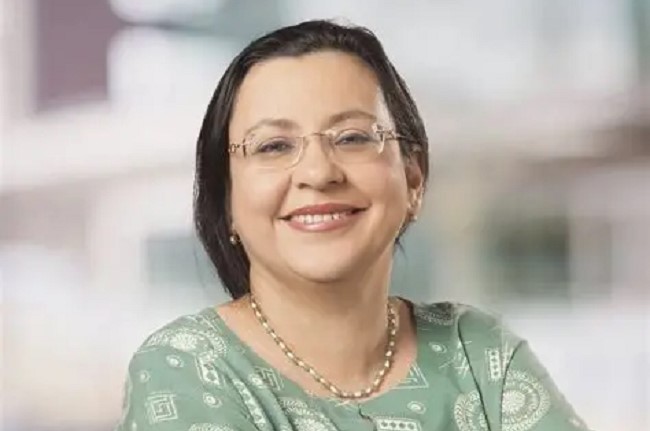Civil society organisations and coastal communities have launched a formal appeal against the South African government’s controversial decision to green-light Shell’s Northern Cape Ultra Deep (NCUD) oil and gas project.
Led by The Green Connection and Natural Justice, and joined by numerous West Coast communities, the appeal argues that Shell’s Environmental and Social Impact Assessment Report (ESIAR) appears to be riddled with flaws and omissions that may make the approval not only reckless, but potentially unlawful.

“If allowed to proceed, the proposed project will be the deepest offshore well in South Africa and the third deepest in the world. Yet unbelievably, the emergency plans for this highly risky venture remain undisclosed, even to the State,” says Neville van Rooy, Community Outreach Coordinator at The Green Connection.
“Shell wants to drill 3,200 metres below sea level – nearly as deep as where the Titanic wreckage lies. This ultra-deep environment is extremely harsh due to the crushing pressure that results at this depth, which is also always in darkness and consistently near-freezing (below 5°C). With all the challenges that could come with such a project, how can South Africans accept that the company has secured environmental authorisation without providing a detailed strategy showing how it would handle a blowout at such unprecedented depths?
“How could decision-makers have considered all the risks or fully assess the adequacy of the various contingency plans, without having detailed, site-specific emergency response plans,” says van Rooy.
The organisations argue that the final ESIAR unlawfully underestimates the risk and scale of a blowout by relying on an unsupported 20-day oil spill scenario. This estimate assumes that a capping stack located at Saldanha Bay could be installed within that period. However, since the drilling is planned at depths exceeding the stack’s capabilities, Shell should have identified suitable alternative capping solutions.
There are only three capping stacks globally that are equipped for such depths. These are located in the United Kingdom (UK), Singapore, and the United States (US), but it is not clear whether Shell can access or rapidly deploy them to South Africa.
“Even if the Saldanha stack were usable, the 20-day assumption mirrors timelines used for much shallower and more accessible projects and is dramatically shorter than even Shell’s own 100-day estimate for its previous Perdido project (2,450 m depth) and Chevron’s 177-day estimate for shallower operations in the Gulf of Mexico. By modelling an unrealistically short spill duration, the ESIAR significantly underestimates potential impacts and misleads decision-makers. This is a serious flaw in the environmental authorisation,” says van Rooy.
Then there are those communities who are likely to be affected by the project. Since important documents were not made available, there was no real chance for people to have their say on Shell’s oil spill response plans.
Shahil Singh, Legal Advisor at The Green Connection says, “This lack of transparency violates several legal protections, including Section 33 of the Constitution, which guarantees the right to fair, reasonable, and lawful administrative action. It also violates Section 3 of the Promotion of Administrative Justice Act (PAJA), which requires that people must be properly informed and given a fair chance to respond when decisions significantly affect their rights or expectations.”
“These omissions are not minor,” says Singh. “It may violate the principles of South African environmental law, which demands transparency, precaution, and public participation that is both substantive and meaningful – especially in high-risk ventures like this. A key question that South Africans should want answered is why was South Africa’s deepest drilling project ever approved without full oil spill contingency plans?”
The appeals also highlight that the EIA failed to consider the combined impact of Shell’s drilling with up to 20 other wells already authorised along the West Coast – a clear breach of South African legal and international best practice standards. The project threatens to derail South Africa’s commitments under the Paris Agreement, with no plan in place to measure or manage the future carbon emissions from oil extracted in the region.
“This isn’t just about one well,” says Singh. “This is about a pattern of pushing through high-risk fossil fuel projects without proper oversight and public scrutiny, and without adhering to environmental law, scientific integrity, or long-term thinking.”
The Green Connection, Natural Justice, and affected coastal communities are calling on the Department of Forestry, Fisheries and the Environment (DFFE) to immediately set aside Shell’s environmental authorisation. They argue that the project is not in the public interest, but instead threatens South Africa’s marine ecosystems, food security, climate commitments, and constitutional rights.
Notably, in July 2025, the International Court of Justice (ICJ) issued a landmark legal opinion to affirm that countries have a binding obligation under international law to address climate change – to phase out fossil fuels to reduce greenhouse gas emissions or face serious legal consequences, including potential liability and reparations.
“We are not against development,” says van Rooy. “But this is not development, it is exploitation – because it doesn’t uplift communities nor protect the environment but destroys instead. We cannot stand by while our ocean and our future are sacrificed for short-term corporate profit. More importantly, this project could violate their constitutional right to an environment that is not harmful to their wellbeing, and to have the environment protected for future generations – as guaranteed under Section 2 of the National Environmental Management Act (NEMA).”
Coastal Communities Speak Out
Communities and small-scale fishers are concerned that, if allowed to proceed, the NCUD project could irreparably harm South Africa’s marine ecosystems, undermine the local fishing and tourism economy, and derail progress on climate action – including commitments under the Paris Agreement and the recently signed High Seas Treaty.
Fisher and community leader from Doorn Bay, Deborah de Wee, adds, “Should Shell and Total go ahead with these oil and gas projects, it would be a huge burden on the fishing community. We rely on the ocean for food and our traditional ways of life. Community leader and small-scale fisher from Doorn Bay.
“Shell’s project threatens not just our food and culture but our very survival. Indigenous fishing practices are not commercial on paper, but they are everything to us. We deserve a say, and we say no. The government must protect our indigenous heritage and listen to those who have fished these waters for generations.”
Community advocate with Environmental Traits in Doorn Bay, Bronwyn van Neel, raised concerns about the violation of cultural rights and the failure to gain Free, Prior, and Informed Consent (FPIC). She says, “Our culture and way of life are being erased by these kinds of projects. Communities like Graafwater and Leipoldtville were not even included in public participation. This is a violation of our constitutional rights and a betrayal by our own government.”
Youth activist and environmental advocate from Richtersveld Youth Language and Environmental Network, Chanel Jaar, says, “This is about protecting not just our ocean, but our cultural identity and future. Shell’s project threatens biodiversity and ignores the risks to those of us who live closest to the sea. We want a sustainable future, which we can have with the just transition, not oil spills and empty promises.”
Small-scale fisher and member of the Aukotowa group in Port Nolloth, Walter Steenkamp, says, “We cannot afford for government to support this oil and gas project with Shell. It threatens our livelihoods as coastal fishers who rely directly on a healthy ocean. Our fishing grounds could be harmed by pollution, noise, or oil spills – and once the damage is done, it cannot be undone. This is how we feed our families, send our children to school, and survive. The ocean is not just a resource – it’s our way of life. Government must put people before profit and protect our ocean for the next generation.”

